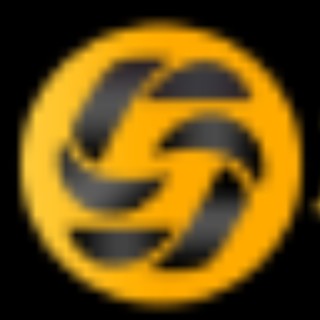New owner of a lovely 4-bay dock that I really want to love. It is loaded with (2) 8T and (1) 4T SSDs and connected to my 2023 Mac Mini. The mini has (4) Thunderbolt 4/USB 4 ports on it as well as (2) USB-A ports. I am using a combination of the built-in System Report Tool and the Blackmagic Disk Speed Test as tools for diagnostics.
The short version is that if I connect my drive bay (directly) to the Mac using a USB-C cable the drive bay shows up as a USB 2.0 hub (480 Mb/s max transfer rate) but tests out at 28 Mb/s read and write. If I connect the drive bay (directly) to the mac using a Thunderbolt cable, it shows up as a USB 3.1 connection (10 Gb/s max transfer rate) and tests out at over 3000 Mb/s read and write - until is quickly crashes the system. This is consistent behaviour over multiple iterations of cables, cable types (USB-A, USB-A to USB-C, USB-C to USB-C, Thunderbolt) and ports on the Mac.
I know the drive bay doesn't run Thunderbolt, but Thunderbolt is backwards compatible with USB variants. I would love the speed I see with this connection, but it consistently hard reboots my Mac within 1-5 minutes with every variation I have tried of this connection. USB 3 would be almost as good, but only the Thunderbolt of the supplied cable with USB-A to USB-C adapter show the drive bay as having a USB 3 connection....and then it crashes.
Conversely, even the 480 Mb/s USB-A connection, while a waste of the SSDs, would be far superior to the less than 30 Mb/s I am seeing now. Interesting that the only USB-A connection that tested at near the USB-A speed limit was the too short cable provided with the dock - which show 400 Mb/s reads and writes. However, using that cable either in a USB-A or USB-c connection (with the provided adapter) eventually caused the Mac to reboot.
I am at a real loss. I have never seen a disk drive hard crash a system, but this has happened consistently. I also don't understand why the drive bay is showing up a such a dumbed down version of USB either when plugged into USB-A ports (rated at 5 Gb/s on my system) or the USB-C ports via an adapter.
I normally assume hardware is not the problem, but I am running out of options.
Thoughts?







